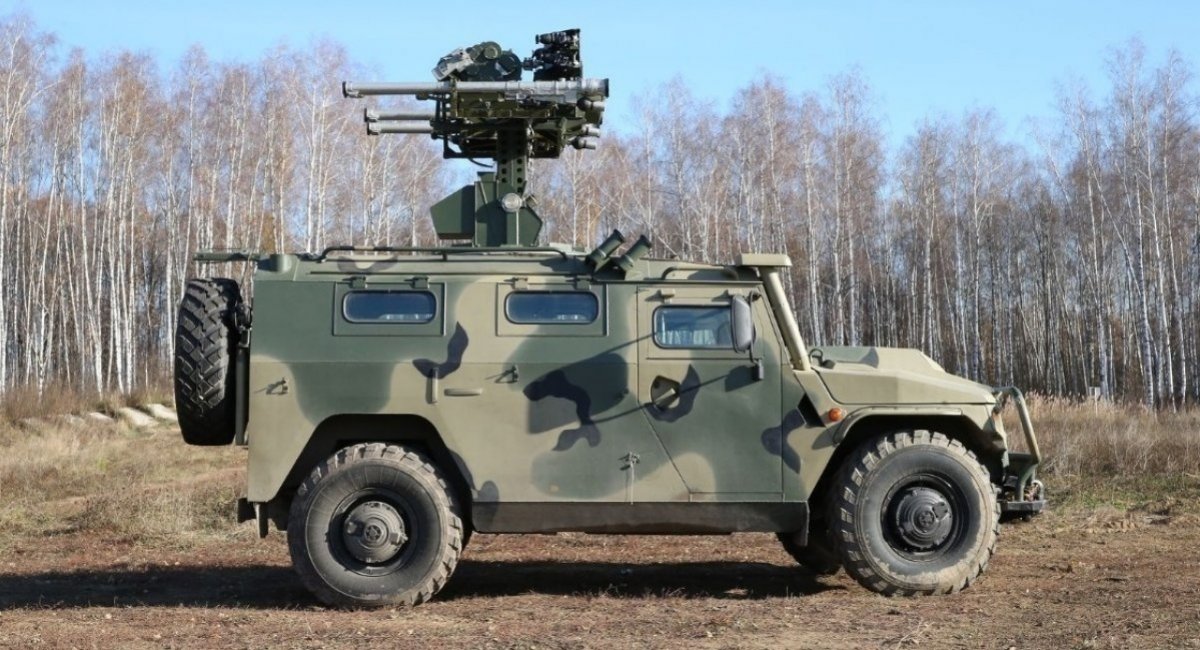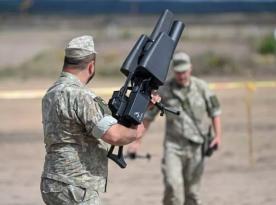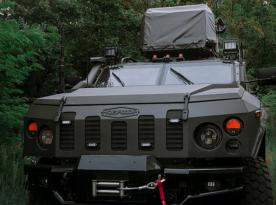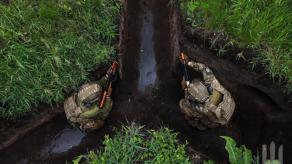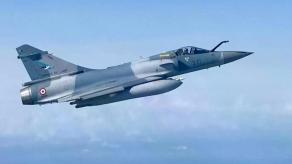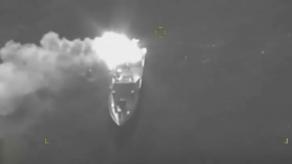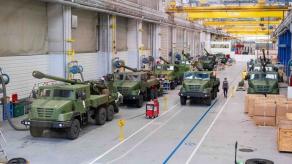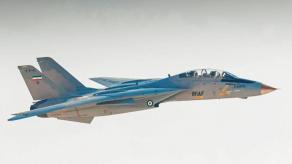Shortly before russia launched its full-scale invasion of Ukraine, in December 2021, it was about to start mass-producing their counterpart to the Polish Poprad air defense system, namely, the Gibka-S short-range surface-to-air missile system. In contrast to these plans, throughout 2022 none of these vehicles had reached the russian army.
Although delayed, the supplies began in late 2023, with at least three batches of production-version units delivered as of today, the latter two having arrived this year. So far, Gibka-S has only been seen a handful of times deployed in Ukraine, and only one has been destroyed in early 2024 by the Ukrainian Defense Forces, as evidenced by the video:
Read more: Ukraine to Receive 24 Sea Sparrow Missiles for Its Hybrid SAM System from Greece
Destruction of Russian equipment in the Avdiivka direction. pic.twitter.com/z9bzHNgLf2 — NOELREPORTS (@NOELreports) February 18, 2024
For general information, the Gibka-S system consists of two vehicles: one is the combat vehicle, equipped with four anti-aircraft missile launchers, the typical payload is the Verba missile and its older version Igla-S.
The other one is the reconnaissance and command vehicle. It's equipped with a 1L122 Gamon radar station — according to the declared characteristics, it can detect targets at a 40 km range and a 10 km altitude, flying at speeds up to 700 m/s; the declared accuracy is within 100 m.
Also, the effective detection range depends on the type of the threat. Gibka-S can be used against drones or aerodynamic targets like cruise missiles, helicopters or airplanes.
The vehicles are equipped with night vision and a thermal imager, so it can operate both day and night and in any weather conditions. Both are based on the Tigr armored personnel carrier chassis.
The russians claim that after detecting a target, it takes two to three minutes to launch an interceptor. Media reports say one of the crews from the russian army's 30th Motorized Rifle Brigade destroyed 10 targets on the battlefield, primarily drones of various types.
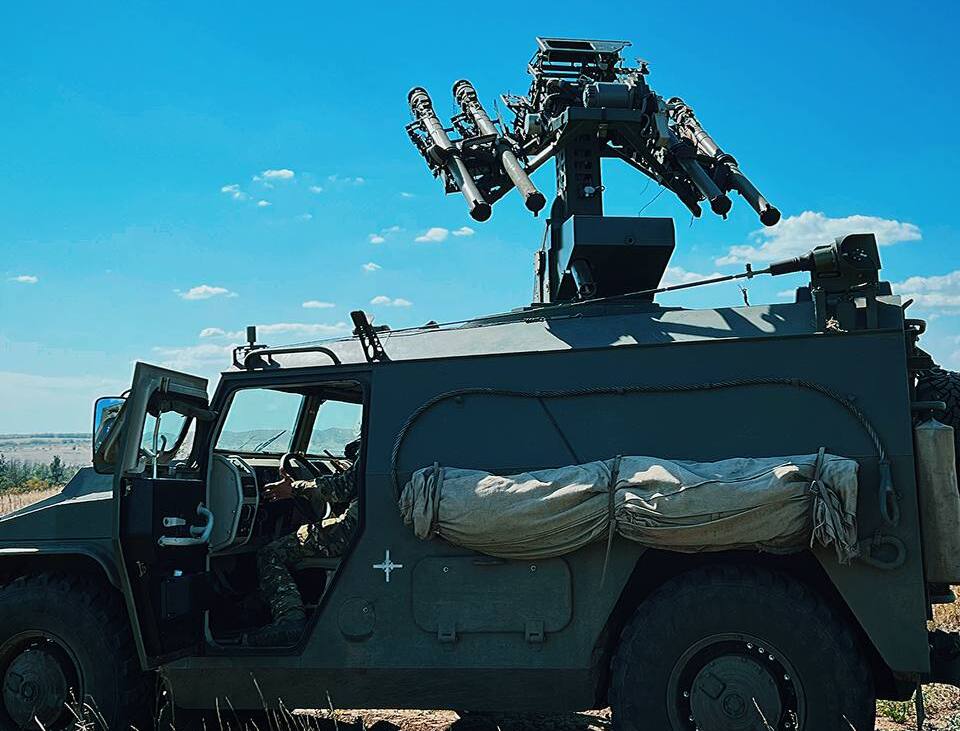
Read more: What are the 2024 Results of Novator Vehicle Production for Ukraine’s Defense Forces?



